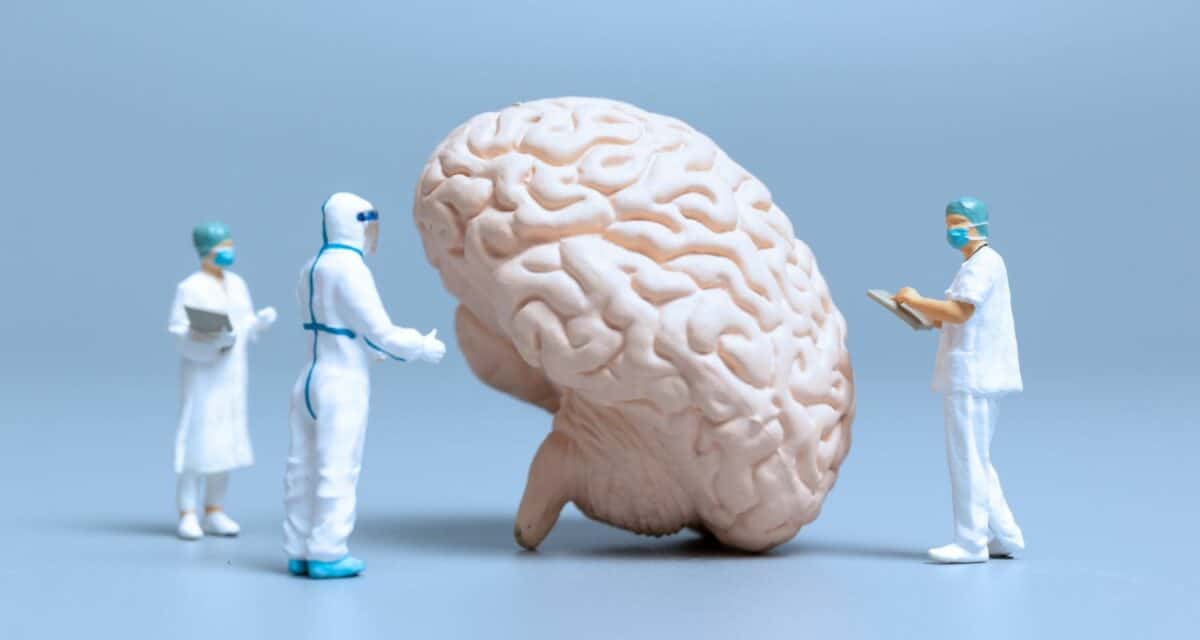The head is one of the most important parts of the body to protect because it houses the brain, which controls all of the body’s vital functions. A traumatic injury to the head can cause damage to the brain, which can result in a wide range of physical and cognitive impairments. The brain is also responsible for our ability to process information, think, reason, and make decisions. Thus, any injury to the brain can have a significant impact on an individual’s ability to function and lead a normal life.
Your hearing can be affected too. In this blog post, we’ll explore the link between these two conditions and the importance of early diagnosis and treatment.
Overview of Hearing Loss
Hearing loss is a common condition that affects millions of people worldwide. It can happen to anyone, at any age, but it’s more prevalent in older adults. Hearing loss occurs when there’s damage to the inner ear, also known as the cochlea, or to the auditory nerve. This damage can be caused by a variety of factors, including exposure to loud noise, age-related changes, and certain medical conditions.
Symptoms of hearing loss include difficulty understanding speech, especially in noisy environments, a feeling of fullness in the ears, and a decrease in the ability to hear high-pitched sounds. The impact of hearing loss on daily life can be significant, leading to social isolation, depression, and difficulty communicating with loved ones.
There are three main types of hearing loss: sensorineural, conductive, and mixed. Sensorineural hearing loss is caused by damage to the inner ear or auditory nerve and is the most common type of hearing loss. Conductive hearing loss occurs when there’s a problem with the outer or middle ear, preventing sound from being conducted to the inner ear. Mixed hearing loss is a combination of sensorineural and conductive hearing loss.
Overview of Traumatic Brain Injury
Traumatic brain injury (TBI) is a serious condition that occurs when an external force, such as a blow to the head, causes damage to the brain. TBI can range from mild to severe, and its effects can be long-lasting and debilitating.
Symptoms of TBI can include headache, dizziness, confusion, memory loss, and difficulty with speech and coordination. The impact of TBI on daily life can be significant, leading to difficulty with daily activities, problems with memory and thinking, and emotional and behavioral changes.
There are three main types of TBI: mild, moderate, and severe. Mild TBI, also known as a concussion, is caused by a blow to the head or a jolt to the body. Moderate and severe TBI are caused by more severe injuries and can result in long-term disability.
The Connection Between Hearing Loss and TBI
The link between hearing loss and TBI is well-established. TBI can cause damage to the inner ear and auditory nerve, leading to hearing loss. This type of hearing loss is known as traumatic hearing loss. In addition, individuals who have had a TBI are at an increased risk of developing age-related hearing loss.
The co-occurrence of these two conditions can have a significant impact on rehabilitation and recovery. Individuals with hearing loss and TBI may have difficulty with communication and understanding speech, which can lead to frustration and social isolation. This can make it more challenging for individuals to participate in rehabilitation and recovery programs.
Diagnosis and Treatment
Hearing loss is typically diagnosed through a hearing test, also known as an audiogram. TBI is diagnosed through a neurological examination, imaging tests such as CT and MRI scans, and cognitive and neuropsychological testing.
Treatment for TBI-related hearing loss may include the use of hearing aids, cochlear implants, and other assistive devices. These devices can help to improve communication and quality of life for individuals with TBI-related hearing loss. In addition, rehabilitation and therapy may be recommended to help individuals improve their communication and cognitive skills.
It is important to note that TBI-related hearing loss can be accompanied by other impairments, so it is crucial to address all the impairments and create a comprehensive treatment plan. Early diagnosis and intervention are key to effectively managing TBI-related hearing loss and improving the overall quality of life for those affected.
If you or a loved one is experiencing hearing loss or have a history of TBI, we encourage you to visit our hearing practice. Our team of experts is dedicated to providing you with the best possible diagnosis and treatment options. We understand the connection between TBI and hearing loss and are committed to helping you improve your quality of life. Schedule an appointment with us today and let us help you hear the world clearly again.

